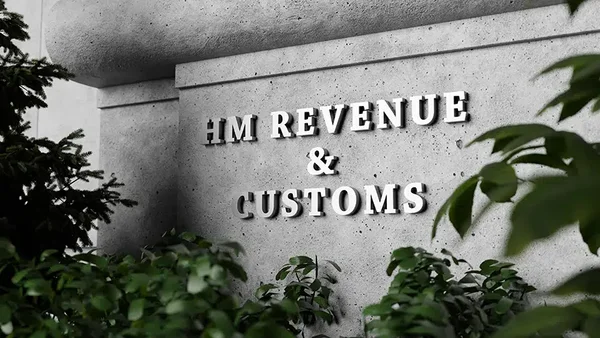
In a move that could significantly impact millions of UK savers, the government is reportedly considering reducing the annual cash Individual Savings Account (ISA) allowance from its current £20,000 to £4,000.
This proposal aims to encourage greater investment in equities, thereby stimulating economic growth. However, the potential change has sparked widespread debate among financial experts, institutions, and the public.
Current ISA Framework and Proposed Changes
Since 2017, UK residents have been able to invest up to £20,000 annually into ISAs, choosing between cash ISAs, stocks and shares ISAs, or a combination of both. The proposed reduction to a £4,000 allowance would mark a significant shift in the nation's savings landscape.
While the government has not yet confirmed these changes, discussions suggest a strategic intent to redirect funds from cash savings into equity markets, potentially enhancing capital flow to UK businesses.
Rationale Behind the Proposal
Proponents of the reduction argue that cash ISAs, while offering security, provide relatively low returns compared to equities. By lowering the cash ISA allowance, the government aims to incentivize individuals to explore investment opportunities in the stock market, which could yield higher returns and support domestic companies.
Lord John Lee of Trafford, the UK's first ISA millionaire, has advocated for such a move, suggesting that tax incentives should favor stocks and shares ISAs limited to UK-listed equities to bolster the domestic stock market.
Public and Institutional Reactions
The proposal has met with considerable opposition. The Building Societies Association (BSA) conducted research indicating that 90% of cash ISA savers value the guaranteed returns offered by cash savings.
They argue that reducing the allowance would disproportionately affect cautious savers who prefer the stability of cash ISAs over the volatility of the stock market. Consumer finance expert Martin Lewis has also expressed concerns, highlighting that such a reduction could be perceived as a "tax on savers."

Potential Financial Impact on Savers
Analyses suggest that if the allowance is reduced to £4,000, savers could face increased tax liabilities. For instance, individuals depositing £16,000 annually at a 5% interest rate could lose up to £5,132 in taxes over a five-year period.
This potential financial burden has raised alarms among various demographic groups, including over a million Scots, prompting political figures to label the proposal as punitive towards prudent savers.
Government's Position and Future Outlook
As of the latest updates, Chancellor Rachel Reeves has not included changes to cash ISAs in the upcoming spring statement. However, the government continues to deliberate on the proposal, with any reforms likely postponed until at least the autumn budget.
This ongoing uncertainty leaves savers and financial institutions in a state of anticipation, awaiting concrete decisions that could reshape the UK's savings and investment environment.

Fun Facts
The Individual Savings Account (ISA) was introduced in 1999, replacing earlier savings schemes like PEPs and TESSAs. Initially, the total subscription limit was £7,000, with a cash component limit of £3,000.
Over the years, the allowance has increased, reaching £20,000 in the 2017/2018 tax year, reflecting the government's efforts to promote personal savings and investments.
Conclusion
The potential reduction of the cash ISA allowance represents a pivotal moment in the UK's financial policy, balancing the encouragement of higher-risk investments against the security valued by traditional savers.
As the government continues its deliberations, individuals are advised to stay informed and consider how such changes could affect their personal financial strategies. The outcome of this proposal will likely have lasting implications for the nation's savings culture and economic growth trajectory.
Frequently Asked Questions
What is a cash ISA?
A cash ISA (Individual Savings Account) is a tax-free savings account where individuals can deposit money without paying income tax on the interest earned. It offers a secure way to save, with the current annual allowance set at £20,000.
Why is the government considering reducing the cash ISA allowance?
The proposed reduction aims to encourage more individuals to invest in stocks and shares ISAs, thereby channeling funds into the equity markets to support UK businesses and potentially stimulate economic growth.
How might this change affect existing cash ISA holders?
Existing funds in cash ISAs would likely remain unaffected. However, future contributions could be limited to £4,000 annually, reducing the amount individuals can save tax-free in cash ISAs each year.
Are stocks and shares ISAs riskier than cash ISAs?
Yes, stocks and shares ISAs involve investing in the stock market, which carries inherent risks, including potential loss of capital. In contrast, cash ISAs offer guaranteed returns, making them a safer but potentially lower-yielding option.
When will a decision be made regarding the ISA allowance change?
While no changes have been announced in the upcoming spring statement, the government continues to review the proposal, with potential reforms possibly being introduced in the autumn budget. Savers should monitor official announcements for updates.











